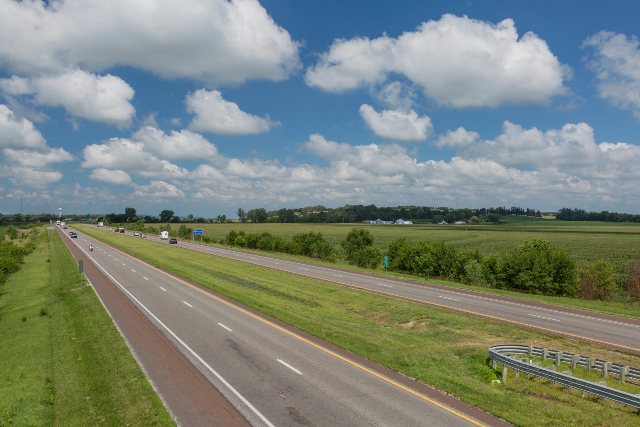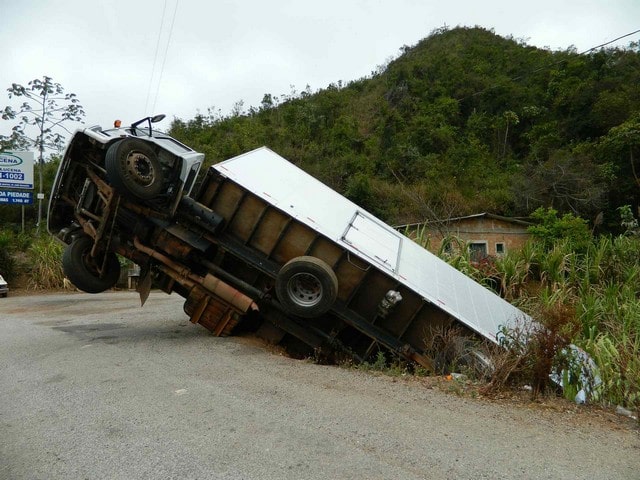








- Missouri-Specific Legal Standards: Under Missouri law (§ 304.012), all drivers must operate their vehicles with the highest care, particularly in bad weather conditions like rain, snow, or fog. If a truck driver fails to adjust their speed to these conditions and causes an accident, they can be held negligent under Missouri’s comparative fault system. Failure to act responsibly could make them partially or fully liable for the crash.
Challenges in Proving Negligence in Weather-Related Crashes
Determining fault in truck accidents isn’t always as straightforward as blaming lousy weather. Insurance companies often argue that the truck driver took every reasonable step to avoid the crash, leaving victims responsible for proving otherwise. To challenge these defences effectively, strong evidence is essential. Here are key pieces of evidence that can make a difference:
- Weather Reports and Road Conditions: Historical weather data can help establish whether hazardous conditions were foreseeable. This evidence can show if the driver should have slowed down, taken extra precautions, or even stopped to avoid the accident.
- Truck Logs and Black Box Data: Electronic logging devices (ELDs) record crucial details, such as speed, braking, and steering patterns. These records can reveal whether drivers failed to adjust their behavior to match poor weather conditions.
- Expert Testimony: Accident reconstruction experts can analyze the crash and provide insights into whether the collision could have been avoided if the driver had taken proper precautions.
By gathering and presenting this evidence, victims can build a strong case to prove negligence, even in challenging weather-related accidents.
Common Defenses in Weather-Related Truck Accidents
If you have been in a weather-related truck accident, there are several potential defenses that the truck driver or their insurance company may use to dispute your claim. These include:
- Act of God Defense: This defense argues that the accident happened due to natural forces beyond anyone’s control, such as severe weather, rather than the truck driver’s actions.
- Comparative Negligence: The defense may claim that other drivers involved in the accident were partly at fault. For example, they might argue that other drivers didn’t give the truck enough space or failed to respond appropriately to the road conditions.
Why Legal Representation is Critical
Handling weather-related truck accident claims requires a clear understanding of liability and the ability to present substantial evidence. In Missouri or under federal trucking laws, our mission is to hold drivers and trucking companies accountable when crashes result from negligence, not just bad weather. By showing that proper safety measures were ignored, we work to secure fair compensation for our clients.
Documenting conditions is a key part of building a strong case. Gathering reliable evidence, such as weather reports, photos of road conditions, and witness statements, can help prove negligence. This information is essential to determine whether the truck driver acted responsibly.





